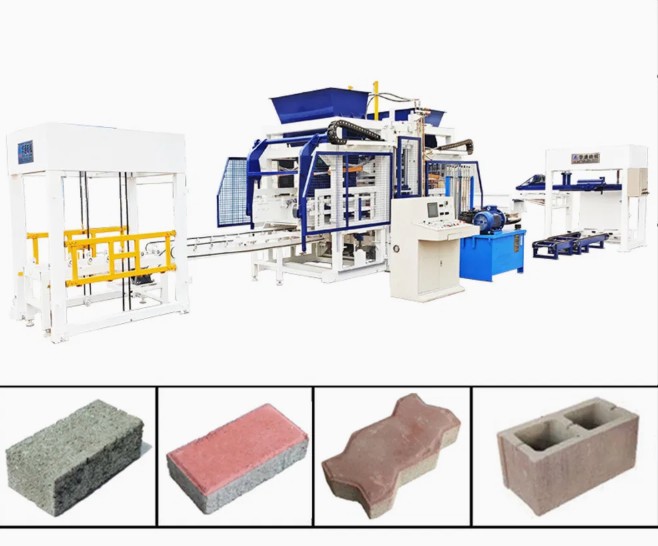The Ultimate Guide to Modern Brick Making Machinery: Efficiency, Reliability, and Versatility
Product description
For professionals in construction, infrastructure development, or building materials manufacturing, achieving consistent, high-volume brick and block production is fundamental. Modern brick making machinery represents the pinnacle of engineering designed to transform raw materials - primarily concrete, fly ash, or soil into precisely formed and durable building units with unmatched efficiency and reliability. Gone are the days of purely manual labor; today's equipment empowers businesses to scale operations, improve product quality, and reduce production costs significantly.
Core Features Defining Excellence
1. Advanced Automation & Control Systems: State-of-the-art machines integrate sophisticated PLC (Programmable Logic Controller) systems and user-friendly HMIs (Human-Machine Interfaces). This allows for precise control over every production parameter - vibration intensity, compaction pressure, cycle times, material feed rates, and curing settings. Operators can store and recall optimal recipes for different block types, ensuring repeatability and minimizing human error.
2. Robust Construction & High-Quality Components: Built for demanding industrial environments, these machines utilize heavy-duty steel frames, hardened moulds resistant to abrasion, and high-performance hydraulic systems. Critical components like bearings, seals, and electrical parts are sourced from reputable suppliers, guaranteeing longevity and minimizing unplanned downtime.
3. Versatile Production Capabilities: A single machine can typically produce a vast array of products by changing moulds simply. This includes standard solid and hollow blocks, paving stones (interlocking or plain), curbstones, insulation blocks, and specialized shapes for landscaping or retaining walls. Adaptability is key to meeting diverse market demands.
4. Optimized Vibration & Compaction Technology: Multiple high-frequency vibration motors, strategically placed (often under the mould table and on the head), ensure thorough material distribution and maximum compaction. This eliminates air pockets, resulting in bricks and blocks with superior density, strength, dimensional accuracy, and smooth surface finish.
5. Efficient Material Handling Integration: Modern systems are designed to work seamlessly with automatic feeders (for concrete or soil), conveyor belts for moving green products, and stackers or palletizers. This creates a streamlined production line, reducing manual handling and boosting overall output.
6. High Production Output: Engineered for productivity, these machines offer impressive cycle times. Depending on the model and block type, output can range from thousands to tens of thousands of bricks or blocks per 8-hour shift, making large-scale projects feasible.
7. Low Maintenance Design: Features like centralized lubrication points, easily accessible service panels, and durable wear parts contribute to reduced maintenance needs and costs over the machine's operational lifespan.
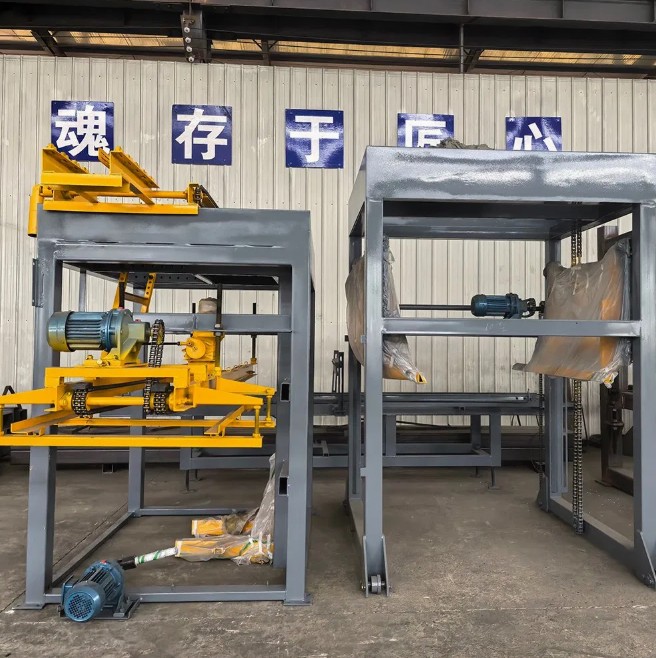
Tangible Advantages for Your Operation
1. Significantly Reduced Production Costs: Automation drastically cuts labor requirements per unit produced. Higher output volumes spread fixed costs more effectively. Efficient material use and minimized waste further contribute to a lower cost per brick or block.
2. Uncompromising Product Quality & Consistency: Precise control over the entire forming process guarantees that every single unit meets exact dimensional tolerances and possesses uniform high strength and durability, crucial for structural integrity and customer satisfaction.
3. Enhanced Operational Efficiency & Scalability: Streamlined workflows, faster cycle times, and reduced manual intervention mean that more products are made in less time. The modular nature of many systems allows for easy capacity expansion as your business grows.
4. Improved Workspace Safety: Automating the heavy lifting and high-pressure aspects of brick production significantly reduces the risk of manual handling injuries and accidents associated with older and less sophisticated equipment.
5. Reduced Environmental Footprint: Efficient use of raw materials minimizes waste. Machines capable of utilizing industrial by-products like fly ash contribute to more sustainable construction practices. Lower energy consumption per unit produced compared to outdated methods is also a key factor.
6. Stronger Return on Investment (ROI): The combination of lower operating costs, higher output, premium product quality commanding better prices, and reduced downtime leads to a compelling and rapid ROI for well-chosen equipment.
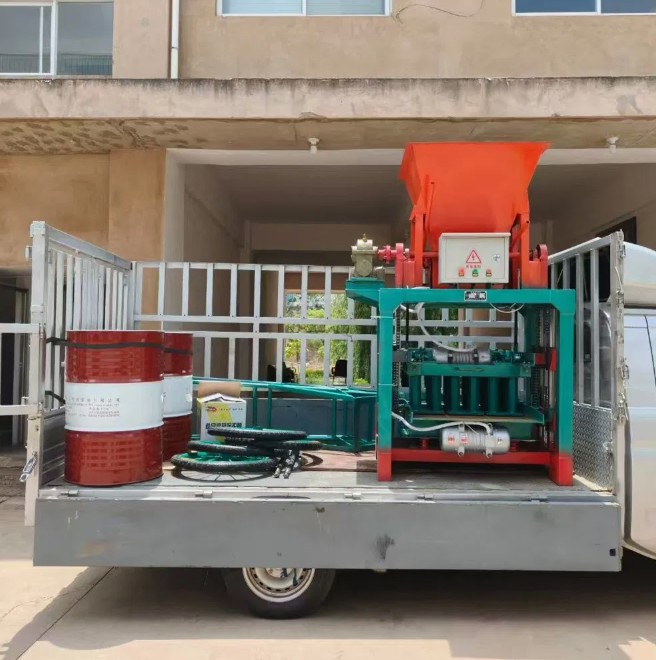
Primary Applications Across Industries
1. Large-Scale Construction Projects: Essential for supplying the massive quantities of blocks needed for housing developments, commercial complexes, schools, hospitals, and industrial facilities.
2. Specialized Precast Concrete Plants: Dedicated factories producing a wide range of concrete products rely heavily on versatile and high-output brick making machines.
3. Infrastructure Development: Producing paving stones, curbs, and retaining wall blocks for roads, highways, sidewalks, and landscaping projects.
4. Fly Ash Brick Manufacturing Units: Providing an eco-friendly solution by converting thermal power plant waste into valuable building materials.
5. Interlocking Pavement Block Production: Catering to the growing demand for durable and aesthetically pleasing hard landscaping solutions for driveways, patios, and public spaces.
6. On-Site Production for Remote Projects: Mobile or semi-stationary machines enable cost-effective block manufacturing directly at remote construction sites, eliminating long-distance transport costs.

Investing in Your Future
Choosing the right brick making machinery is a strategic decision impacting productivity, profitability, and product quality for years to come. Modern equipment represents a significant technological leap, offering unparalleled levels of automation, reliability, and versatility. Whether your focus is maximizing output for major infrastructure, diversifying your product line with specialty blocks, or establishing a sustainable manufacturing operation, investing in advanced brick making technology provides the robust foundation necessary to build a competitive and successful future in the construction materials sector. Evaluate your specific production volume targets, desired product range, and budget to identify the optimal machine configuration that will drive your business forward.
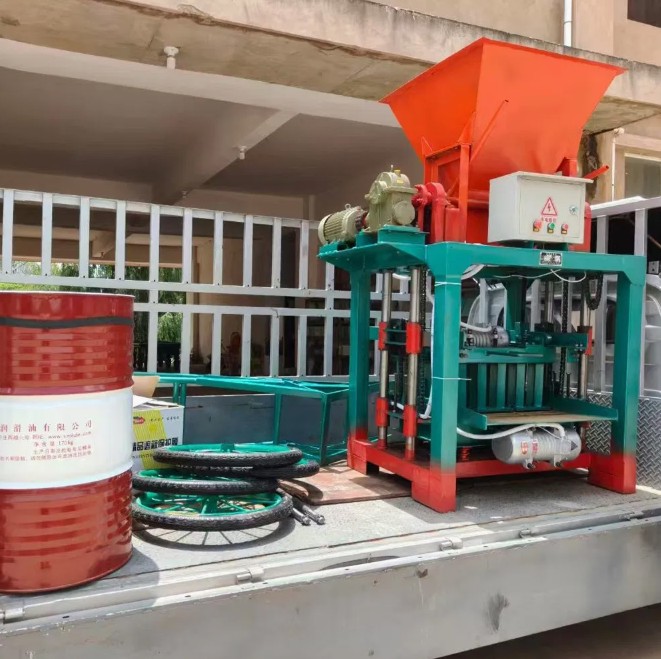
Who We Are?
Guangxi Hongfa Heavy Machinery Co., Ltd., strategically based in Guangxi, China, is a leading manufacturer specializing in the design, engineering, and production of high-performance heavy machinery for demanding global industries. We leverage advanced manufacturing technology and rigorous quality control to deliver robust and reliable solutions, including crushers, mills, screening equipment, bulk material handling systems, and components tailored for mining, construction, aggregates, cement, and port logistics. Committed to innovation, durability, and customer success, Hongfa provides comprehensive support from consultation and custom engineering to installation, maintenance, and after-sales service, empowering clients worldwide to enhance productivity and operational efficiency. Trust Hongfa for powerful machinery built to endure.
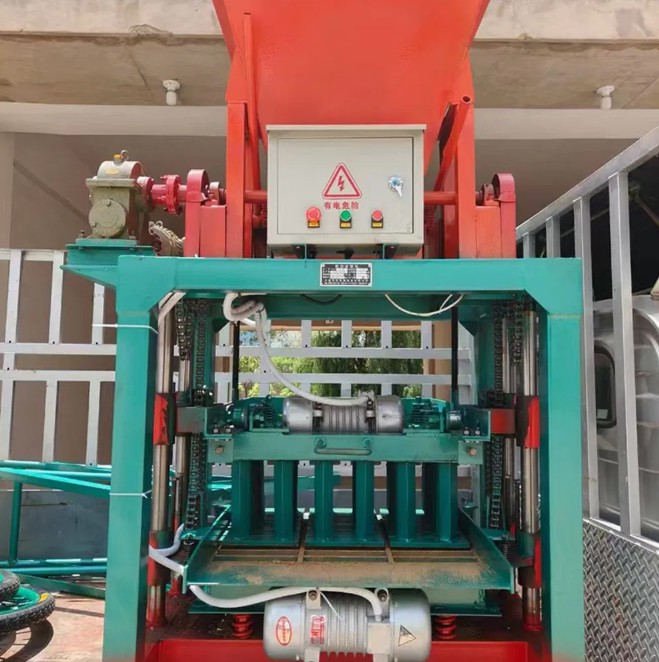
Recommended products


